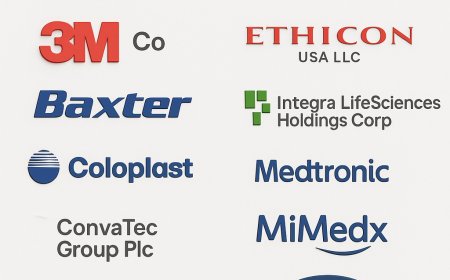Compliance Analyst Jobs: An Overview of the Skills & Responsibilities
Compliance Analyst Jobs
In a regulated business environment, organizations are expected to conform to the laws and policies of the industry and act in accordance with the government. Making sure that these legal frameworks are adhered to is where the compliance analysts come in. These are professionals who assist companies to learn and observing the regulations under which the companies operate.
Compliance analyst jobs are critical across sectors like finance, healthcare, environmental services, government, and more. This blog overviews the key skills and responsibilities that this job entails.
The Job of a Compliance Analyst: The What
Compliance analysts assess the degree to which the company complies with laws and internal regulations. They check systems and processes, find the areas that are not complying, and suggest what to do. These professionals keep up with the changes in regulations and inform their organization as well.
The range of duties can vary with industries.
A healthcare compliance analyst could determine the extent to which a company safeguards the data of patients.
A person working in the finance department could analyze financial reports and track transactions to screen violations of policies.
In any industry, compliance analysts tend to create action plans, oversee operations, complete risk analysis, educate staff, and provide detailed reports to management.
Skills Required To Become A Compliance Analyst
To succeed in this area, one will need not only technical skills but also interpersonal abilities. On the harder technical side, the compliance analysts should be knowledgeable in:
Auditing
Risk management
Data analytics
An analytical mind can define the irregularities and trends that could indicate a risk involved in the regulations. It is also imperative to be conversant with compliance software and industry-specific databases.
Soft skills are not less important.
Analytical Skills: Effective analytical skills enable analysts to present and convey complicated information clearly to fellow workers and management.
Time Management: There will be a need to manage time on various compliance checks or investigations.
Problem Solving: Practical solutions that are acceptable both in regard to regulatory and operational issues can be helped by problem-solving skills.
Teamwork: Adequate teamwork is a guarantee of effective collaboration with other departments.
The other critical competencies are research and presentation of the findings, presentation of results in ways that can be understood, and writing of policy or guidelines. These capabilities help analysts to perform their job well and contribute to the stability of the organization.
The Career Trajectory to be a Compliance Analyst
To be a compliance analyst, one is usually required to have a bachelor's degree. Common majors are usually business administration, finance, law, or public policy. Depending on the industry that you want to venture into, you can select among a degree that specializes in healthcare management, international relations, economics, and insurance.
A lot of professionals pursue certifications to enrich their level of expertise. However, the process of learning does not end with a degree; continual training and professional development are essential, more so, as the regulations keep changing.
A Day-To-Day Life of a Compliance Analyst
On a daily basis, compliance analysts conduct audits, analyze data, evaluate business processes, and monitor the risks on track. They collaborate with other departmental heads in putting in changes and making sure the staff functions under the newer guidelines.
They can also address questions of regulators or prepare for external audits. Determining the real job definitions and employer expectations can help aspiring professionals provide the demanded set of abilities.
Conclusion
Compliance analyst jobs are essential to modern organizations. These professionals defend businesses against financial penalties, legal liabilities, and losses of reputation. Their role supports long-lasting success by ensuring operations are consistent with the practice of laws and ethics. Compliance analysis is a challenging and rewarding career option for detail-oriented people who like order and responsibility.





















